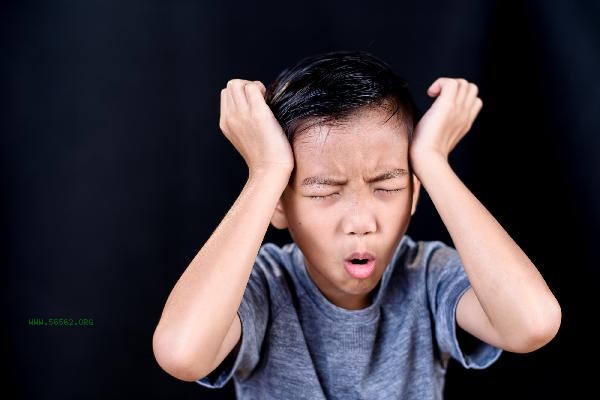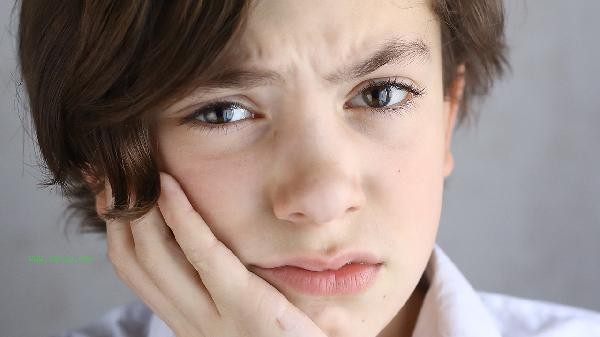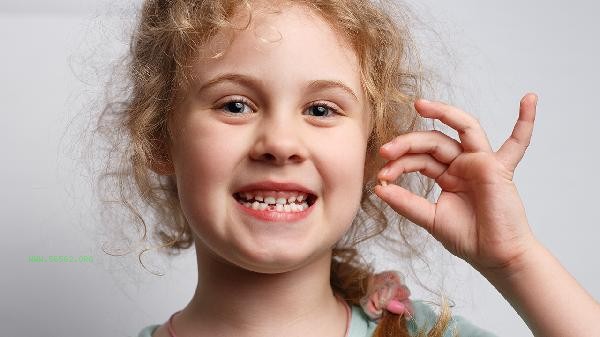Moderate use of traditional Chinese medicine in children can regulate their constitution and enhance their immunity, but it should be used under the guidance of a doctor. The benefits of traditional Chinese medicine for children mainly include improving digestive function, alleviating respiratory problems, regulating immunity, assisting in the treatment of chronic diseases, and reducing antibiotic dependence.

1. Improving digestive function
Some traditional Chinese medicines such as hawthorn and malt have the effect of invigorating the spleen and reducing appetite, which can alleviate problems such as children's indigestion and loss of appetite. Traditional Chinese medicine believes that children often have insufficient spleen, and the reasonable use of medicinal herbs such as Poria cocos and atractylodes macrocephala can help improve the function of spleen and stomach circulation. However, it is important to avoid long-term use of bitter and cold drugs that can damage the yang qi of the spleen and stomach.
2. Relieve respiratory problems
Chinese herbal medicines such as almonds and Campanula have good effects on promoting lung function and resolving phlegm in children with colds and coughs, with fewer side effects compared to Western medicine. For conditions such as allergic rhinitis and recurrent respiratory infections, prescriptions such as Yupingfeng Powder can provide both symptomatic and curative effects, but in the acute infection phase, Western medicine treatment is still necessary.
III. Regulating Immunity
Qi tonifying traditional Chinese medicines such as Huangqi and Taizishen can enhance children's immune function and reduce the probability of recurrent infections. Under the guidance of the theory of strengthening the body and eliminating evil in traditional Chinese medicine, staged adjustment can be carried out for children with weak constitution, which can improve their susceptible constitution. However, excessive supplementation should not lead to yin-yang imbalance.

Fourth, Auxiliary Treatment for Chronic Diseases
For chronic diseases such as childhood asthma and enuresis, traditional Chinese medicine can alleviate symptoms through overall regulation. For example, Guizhi plus Longgu Oyster soup is effective for children's nocturnal crying, but it needs to be continued for a period of time to show the effect. Parents should be patient and cooperate with doctors to adjust the program.
V. Reducing antibiotic dependence
In non bacterial infectious diseases, traditional Chinese medicine can replace antibiotic treatment to reduce the risk of drug resistance. Heat clearing and detoxifying drugs such as honeysuckle and Forsythia suspensa are effective for viral colds, but timely medical evaluation is still necessary when severe symptoms such as high fever occur.

Children taking traditional Chinese medicine should pay attention to the safety of the herbs, avoid using herbs containing heavy metals or toxic ingredients, and pay attention to concentration control when decoction. It is recommended to choose traditional Chinese medicine preparations prepared by regular medical institutions, observe children's bowel movements, sleep and other reactions during medication, and avoid interactions with Western medicine when taken together. In daily life, traditional Chinese medicine external treatment methods such as pediatric massage and dietary therapy can be used to cultivate regular sleep patterns and balanced eating habits, fundamentally enhancing children's physical fitness. If adverse reactions such as rash and diarrhea occur, the medication should be stopped immediately and a physician should be consulted.









Comments (0)
Leave a Comment
No comments yet
Be the first to share your thoughts!